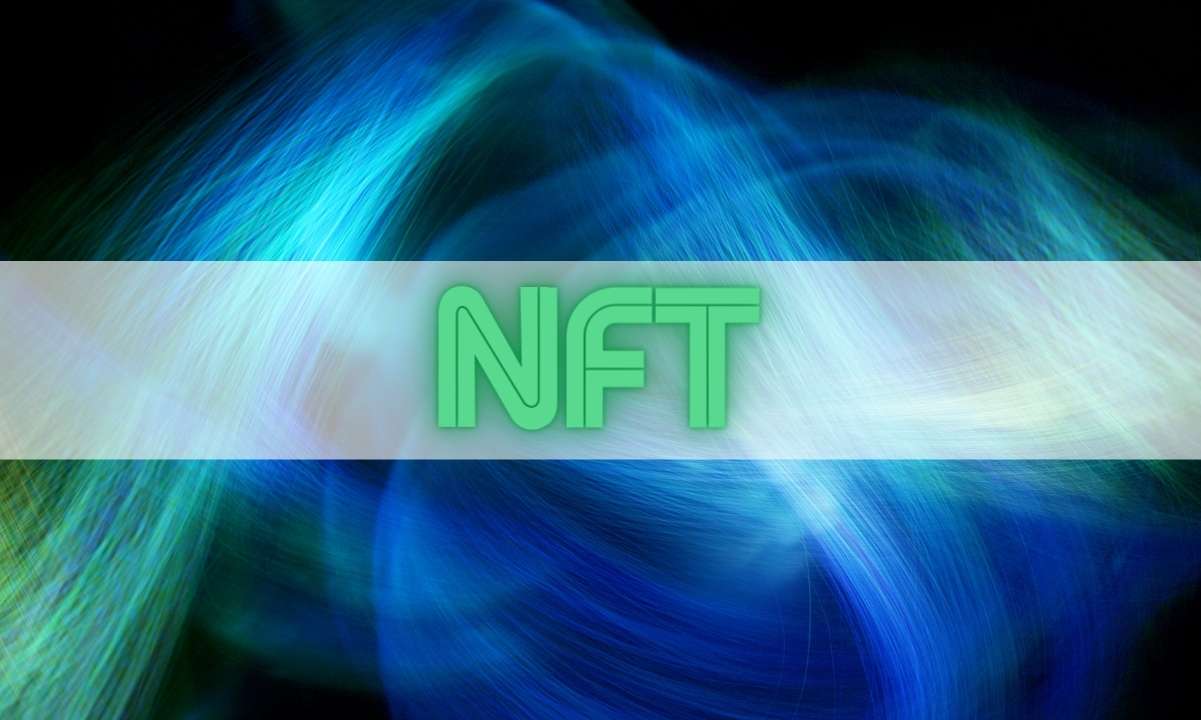
The NFT sector has seen an explosion of interest throughout last year. In 2021 as well, the market kicked off with booming sales sharply, contrasting with the overall slump in crypto prices in January. After decoupling for a few weeks, NFT sales appear to be cooling down again.
NFT Floor Price Take a Hit
According to the latest stats, the floor prices of some of the top NFT projects, such as Bored Ape Yacht Club (BAYC), have been on a decline. The NFT market has faced a notable pullback in the second week of February, and this trend does not appear to be stopping anytime soon.
Floor price or price floor are referred to as the lowest price instead of the average one, at which an NFT can be purchased. It shows the cheapest value a specific non-fungible token sells for.
BAYC, one of the most highly regarded projects, was still down by 1.68% over the past 24-hours and currently stood at a floor price of 89.96 ETH. While Crypto Punk noted a minor surge of 1.36% over the same period, its floor price was 66.9 ETH. Clone, on the other hand, also dropped by 4.81% over the past day with a floor price of 12.85 ETH. NFT project Doodles also shed almost 8%, bringing its floor price down to 10.95 ETH.
NFT Trading Volumes Drop
The data curated by Dune Analytics shows that the total volume of NFTs traded on the top marketplaces has seen a significant decline since January 31st. Interestingly, the space was especially hard hit after a major Bitcoin correction on February 10th. The figures failed to pick up the pace even during minor rallies.
The latest drop in volume is reflected in the data for the top NFT projects traded on the leading marketplace – OpenSea. While 3Landers is the only exception, other projects such as NFT Worlds, mfers, tubby cats by tubble collective, and Azuki were all down by 60%, 33.46%, 67.29%, and 44.11%, respectively.
Despite being in infancy, the NFT sector has managed to seep into mainstream conversations. However, as reported by CryptoPotato, experts have warned that it could soon see a crash similar to that of ICOs.
This article first appeared at CryptoPotato